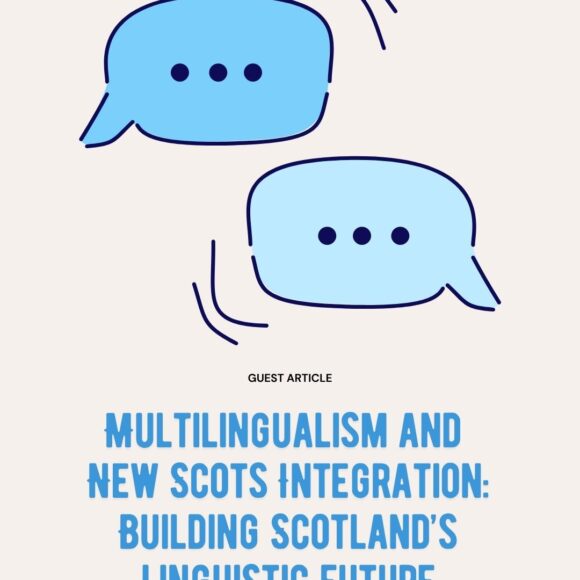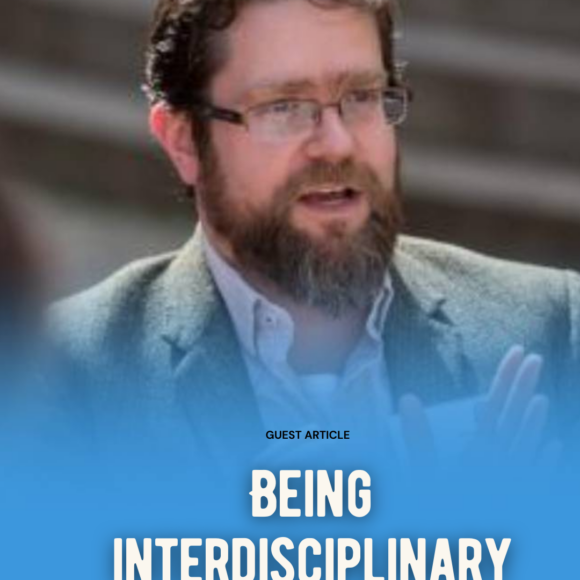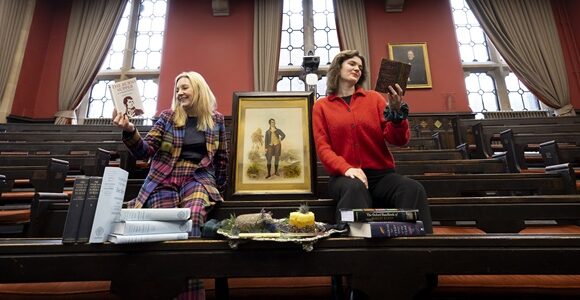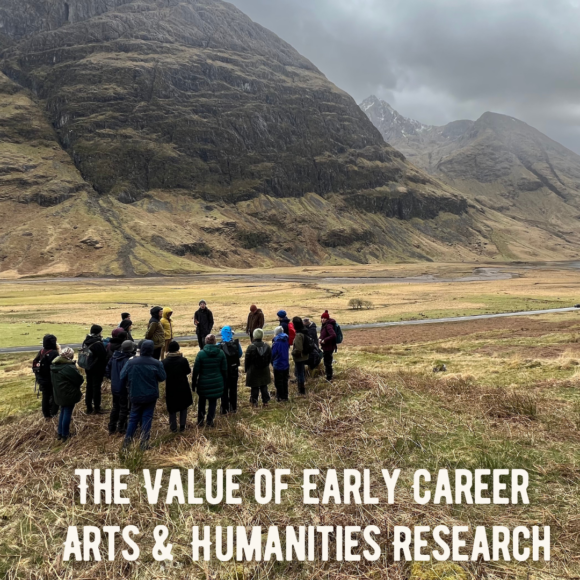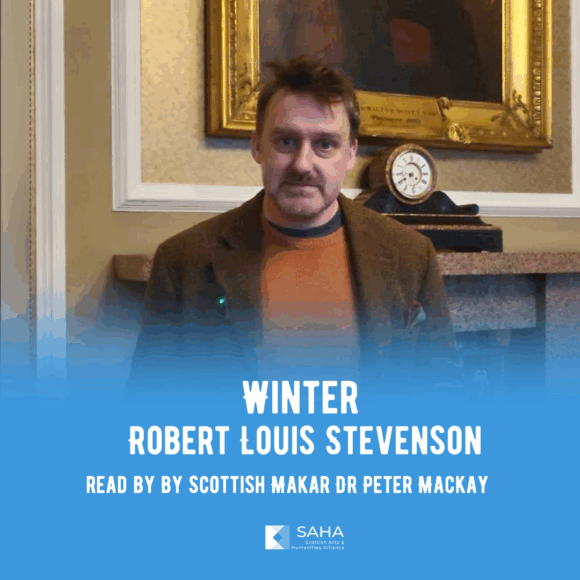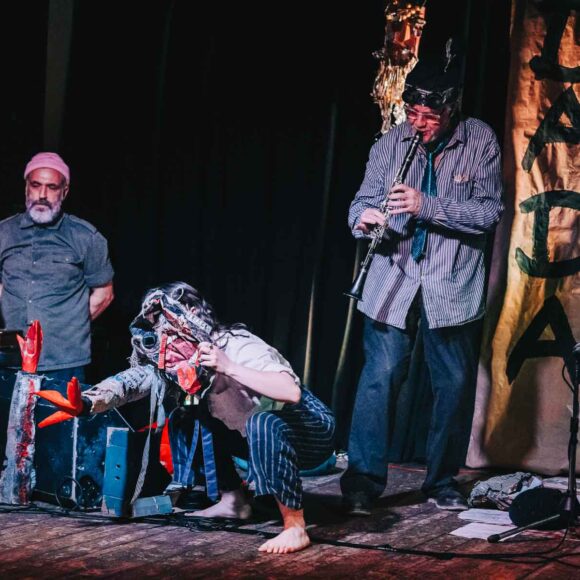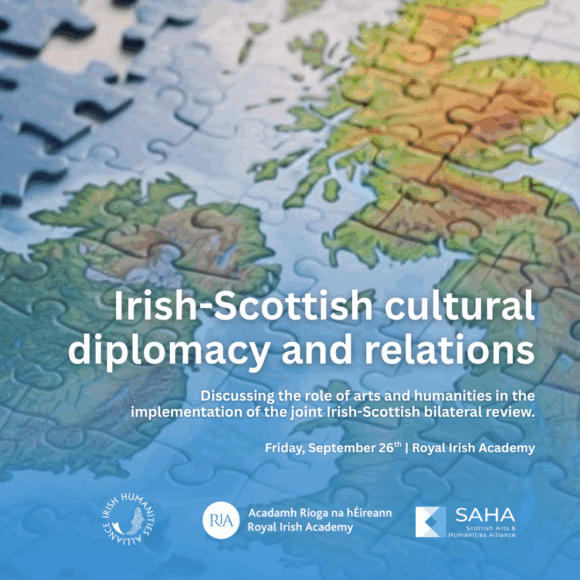Translating poetry from every language into all languages has never been more urgent. This is not only because translation and poetry – like literature more broadly, and the arts – build bridges between cultures and peoples, but because, as Osip Mandelstam put it, poetry is a ‘principle of combat’. This ‘principle of combat’ is what makes poetry difficult.
Poetry is difficult because it is precise and resists the confusion between what is intelligible and what is easy: intelligibility is a matter of clarity and hard work; easiness is a demagogic argument in teaching as well as in politics. If poems are not easy it is because they trust in, and speak to, our shared intelligence.
Poetry is difficult because it doesn’t confuse speaking to as many people as possible with democratisation. Let us be clear: vulgarisation is legitimate, useful and desirable in many contexts. But in the case of poetry that thinks and thinks itself as thinking, and in the face of the complex realities it addresses, it is necessary not to ‘simplify’. Here, as always when real work is carried out, it is necessary not only to admit but also to encourage a plurality of discourses and expressions, variously accessible.
Poetry is difficult because it is patient before the injunctions to immediacy and impatient before the inertia of those who pretend not to understand. It requires that we adjust the speed with which we read, to the exact pace required to make sense of things once their meanings have abandoned us.
Poetry is difficult because it asks from us that we embrace difficulty.
And we are scared, and tired. Struck by the scale of the task. But we don’t have to do this alone. We can speak with each other: between languages, between versions of these languages, between languages that exist and languages to come.
And we are all capable of it, each of us, in our singular ways. We are all capable of speaking and thinking with the poem, of taking part in its re-inscription against rhetorics of destruction of our very minds. And it is because we are all capable of it that translating poetry as often as possible is so vital. Not because to translate is to make accessible, but because to translate is to renew the difficulty inherent in, or proper to, the poem. A difficulty we desperately need in the face of the deliberate lulling of the intelligence.
Dr Elodie Laügt is a senior lecturer at the University of St Andrews and director of the Centre for Poetic Innovation at the University of St Andrews. Her research focuses on twentieth and twenty-first century French literature, especially poetry, and its relations to philosophy and politics. Her translation with Prof. Mark Robson of four poems from Ryrkaïpii (Flammarion, 2023) by Philippe Beck is forthcoming in a special issue of CounterText (EUP) on ‘The Sentence’, edited by Mark Robson. Her last monograph, Figures de l’intrusion (L’Harmattan, 2019) focuses on the notion of intrusion drawing from Jean-Luc Nancy’s take on the body and aesthetics. It addresses questions of adoption, adaptation as well as rejection in relation to films by Claire Denis, Nicolas Klotz and Rabah Ameur Zaïmeche.
